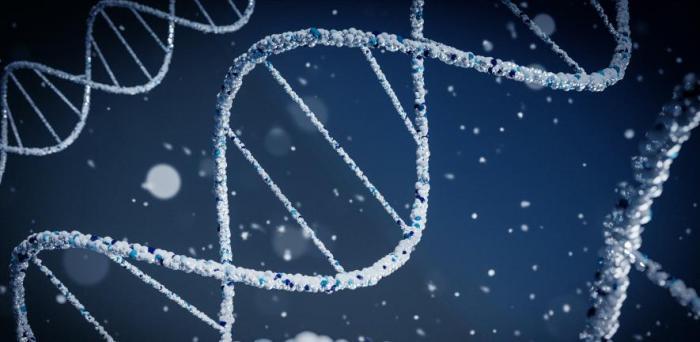They say these new proteins can be used as biological indicators to distinguish between the two conditions, and to identify patients more prone to psychosis or suicide.
Schizophrenia and bipolar disorder are debilitating mental disorders that are hard to diagnose and treat. Despite being among the most heritable mental health disorders, very few clues to their cause have been found in the sections of our DNA known as genes.
The scientists think that hotspots in the ‘dark genome’ associated with the disorders may have evolved because they have beneficial functions in human development, but their disruption by environmental factors leads to susceptibility to, or development of schizophrenia or bipolar disorder.
The results are published in the journal Molecular Psychiatry.
“By scanning through the entire genome we’ve found regions, not classed as genes in the traditional sense, which create proteins that appear to be associated with schizophrenia and bipolar disorder,” said Dr Sudhakaran Prabakaran, who was based in the University of Cambridge’s Department of Genetics when he conducted the research, and is senior author of the report.
He added: “This opens up huge potential for new druggable targets. It’s really exciting because nobody has ever looked beyond the genes for clues to understanding and treating these conditions before.”
Image: DNA
Credit: Brano on Unsplash
Reproduced courtesy of the University of Cambridge
